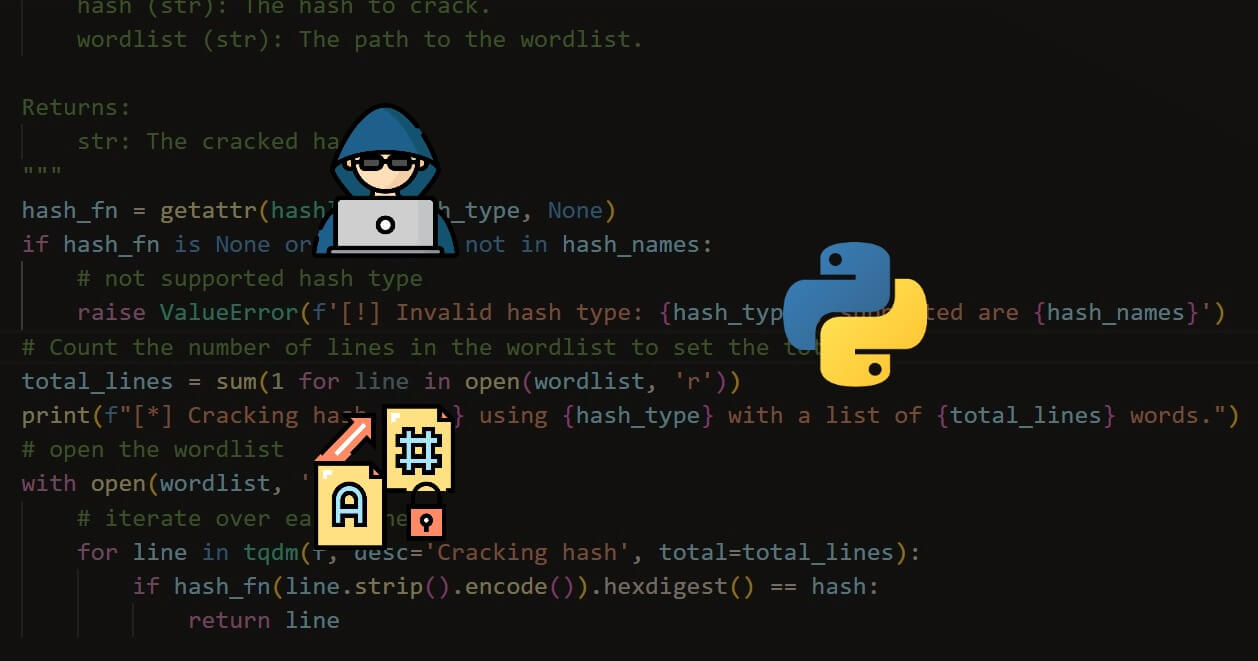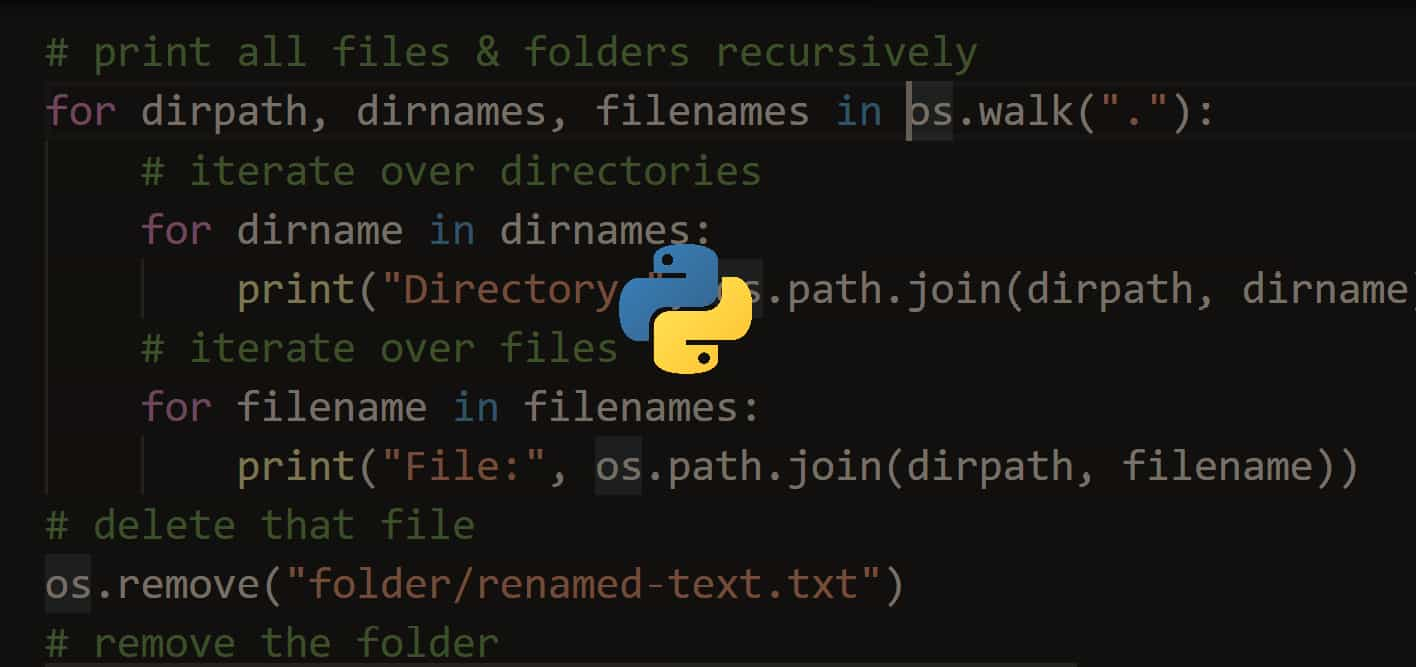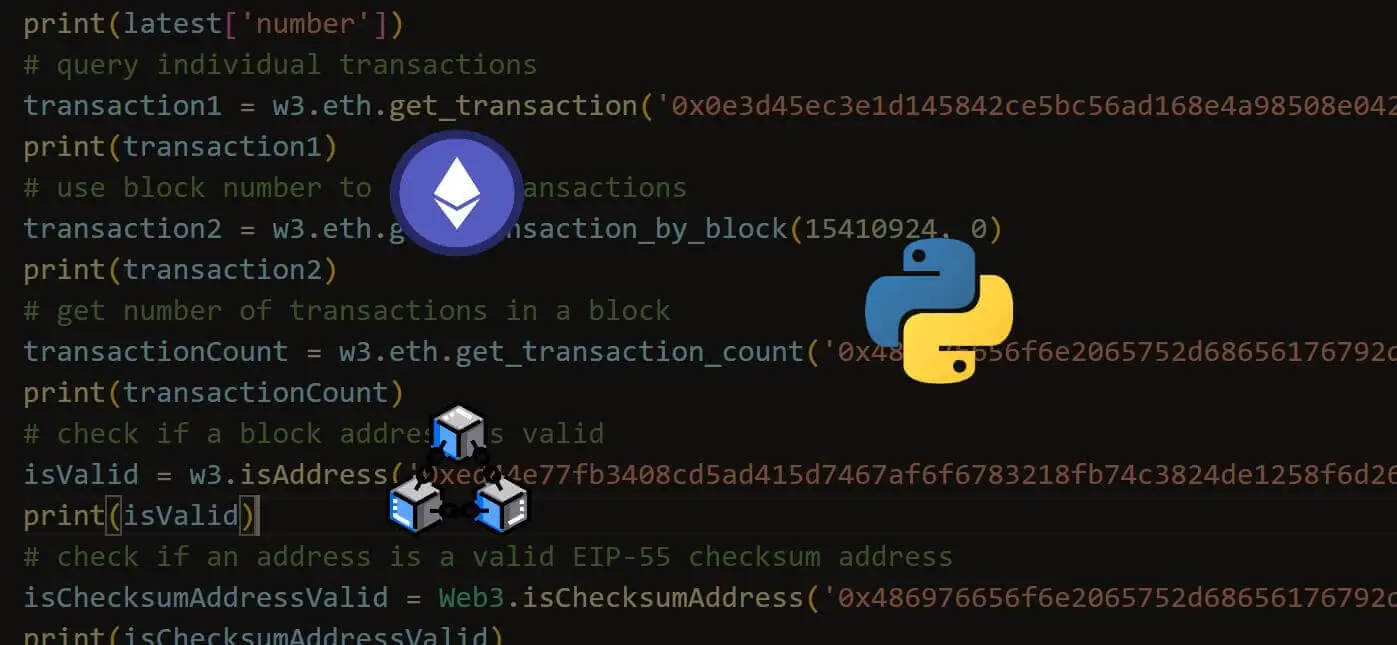Ready to take Python coding to a new level? Explore our Python Code Generator. The perfect tool to get your code up and running in no time. Start now!
Cybersecurity is necessary for online businesses because many are constantly under attack by hackers seeking to steal their sensitive data. These cyber attackers use different methods to infiltrate company networks, servers, and cloud computing infrastructure. Most of their attacks involve using malicious code to corrupt operating systems and critical software.
These attackers also upgrade their skills as cybersecurity experts create new security measures to keep them out. Cybersecurity professionals use multiple programming languages to develop security programs. However, most of them favor Python for this because it provides the following benefits:
1. Suitable for Beginners
Python programming language is one of the easiest languages to learn, so cybersecurity enthusiasts tend to learn it first. Python is user-friendly, and its syntax is not complicated. Developers also do not need to write as much code as they would in other languages to deliver a command in Python.
2. Easy to Debug
Since Python uses less code than most programming languages, it is relatively easy to debug errors. Its syntax is simple, so cybersecurity experts can quickly read their code to spot and correct errors. Security software developers can also use Python’s built-in debugger, called PDB, to find coding errors.
3. Extensive Library Ecosystem
Python has thousands of third-party modules that cybersecurity professionals can use to protect organizations from malicious actors. Two common examples are PyCrypto, which can encrypt and decrypt data, and Scapy, which performs network analysis and packet sniffing.
4. Open-source and free-to-use
Python is an open-source language that anybody can use and contribute to for free. There are large online communities that security software developers can consult to troubleshoot coding problems.
Its popularity and simplicity also make it appealing to all cybersecurity experts and software developers. These include large web development companies, CIEM security solutions providers, and tech startups.
5. Encourages high productivity
Python’s simplicity makes security software developers complete tasks faster than when using a different language. It also has text processing capabilities, unit testing frameworks, and secure integration, all improving productivity.
6. It can run on different platforms
All the common operating systems (Mac, Linux, and Windows) are compatible with Python, so developers can write code on one platform and easily port it to another. This helps cybersecurity professionals because their scripts and tools must run on different systems.
Cybersecurity Actions Python Can Perform
These are some actions cybersecurity professionals can use Python to perform:
1. Penetration Testing
Python has multiple frameworks and libraries that cybersecurity professionals can use for penetration testing. Some of them are Scapy, Nmap, and Metasploit.
2. Data Analysis
Cybersecurity professionals use Python to analyze company network traffic and log data to detect suspicious activity. This will allow them to take proactive measures to deal with threats before they escalate.
3. Automation
Companies can use Python to automate essential cybersecurity tasks like vulnerability detection, network scanning, and log analysis. These allow them to detect threats in real time so that they can take corrective measures.
4. Web App Security
Software developers use Python for web app development because it has many frameworks and libraries for security testing.
5. Malware Analysis
Security experts use Python to develop malware analysis tools like debuggers and disassemblers.
Python’s Cybersecurity Limitations
Despite all the benefits cybersecurity experts gain from using the Python programming language, it still has the following limitations:
Slow Response
Since Python is an interpreted programming language, it runs slower than compiled languages like Rust, C, and C#. This slow response can be problematic for security personnel when performing computationally intensive tasks, like encryption or password cracking.
Dynamic Typing
Python is a dynamically typed language, so security software developers may occasionally find it difficult to identify bugs or coding errors. This is problematic because coding errors can create security gaps that cyberattacks can exploit. However, this can be resolved by writing unit tests and using static analysis tools.
A Common Target for Cyber Attacks
Python’s popularity and easy adaptation make it a prime target for cyber attacks since they know many companies use it to build their security systems. Python is also open-source, so many people create third-party libraries and modules. Hackers look for vulnerabilities in these tools to infiltrate the organizations that use them. To mitigate this, companies should constantly update their Python-related tools to get the security patches that plug vulnerabilities.
Endnote
Cybersecurity is crucial for organizations because hackers and other cybercriminals try to infiltrate their IT infrastructure. Security professionals use various tools and software to protect these organizations. Many of these tools are developed with Python because it is easy to learn, write code with, and debug.
About the Author
Cameron Reynolds is a cybersecurity specialist and Python enthusiast. With over a decade of experience in the field, Cameron has witnessed firsthand the pivotal role Python plays in bolstering cybersecurity efforts. Through his expertise, he has contributed to developing innovative security tools and scripts, harnessing Python's power to protect against digital threats. Outside of the digital realm, Cameron enjoys hiking in the great outdoors, experimenting with gourmet cooking, and mentoring aspiring cybersecurity professionals.
Just finished the article? Now, boost your next project with our Python Code Generator. Discover a faster, smarter way to code.





Got a coding query or need some guidance before you comment? Check out this Python Code Assistant for expert advice and handy tips. It's like having a coding tutor right in your fingertips!